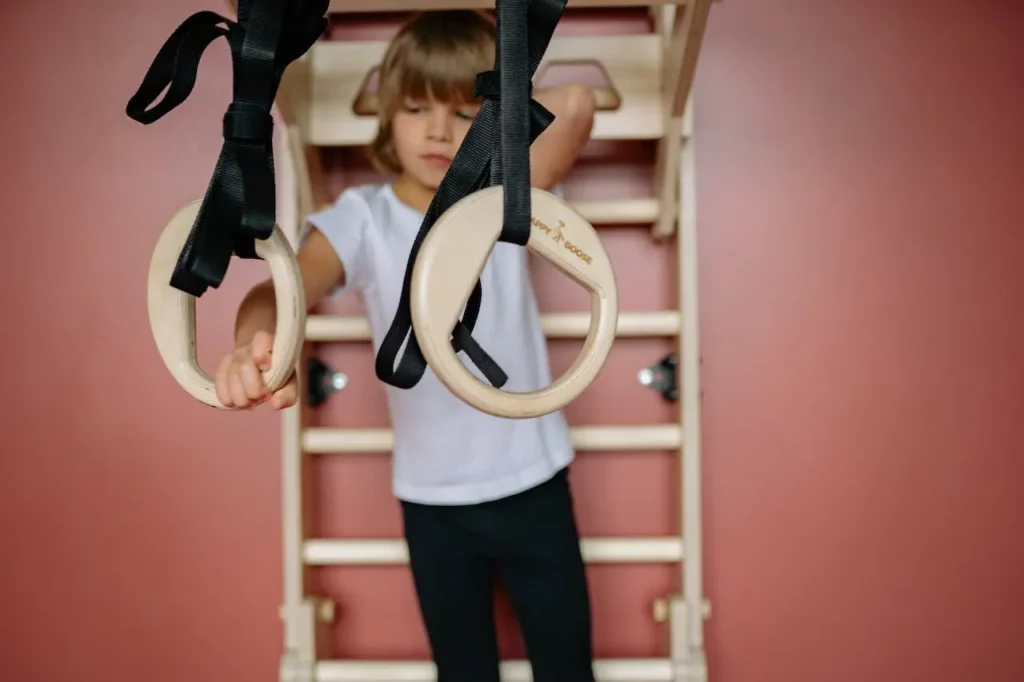23 Nov 2023
Non-pharmacological approaches to consider for your child with ADHD
Living with ADHD can be challenging for your child as they can find it difficult to concentrate, communicate without thinking or struggle to organise themselves.
Pharmacological treatments, such as stimulant and non-stimulant medication can be used to manage your child’s condition. While some children respond well to taking ADHD medication, others may find it ineffective, causing a range of side effects, such as
- a loss of appetite
- trouble sleeping
- headaches
- high blood pressure
- mood swings
Non-pharmacological approaches can be used as an alternative to ADHD medication. The National Institute for Health and Care Excellence’s (NICE) guidelines recommend using non-pharmacological approaches to help children manage their symptoms. Psychoeducation and parental training are just a few non-ADHD pharmacological approaches to consider using for your son or daughter.
This article looks at what non-pharmacological treatments for ADHD can be used for your child.
Physical activities

Physical activities are one of the most effective non-pharmacological interventions for managing your child’s ADHD symptoms.
A researcher who reviewed 26 studies had found that physical activity had a positive impact on their behavioural and cognitive outcomes, such as attention and hyperactivity. One way of implementing physical activities could include timetabling short periods of physical activity throughout the school day, whether that’s individually or in a group.
Using sports equipment, climbing frames and obstacle courses can promote physical activity during your child’s break times, during the school day.
Personal skill development
Helping your child with their skill development is a long-term strategy that can be used to manage the condition.
There are some approaches that can be used to help your child develop their skills and strengths, which include:
- Cognitive Behavioural Therapy (CBT) – It’s recommended in the NICE Guidelines that CBT can be used as a supplementary intervention for your child, particularly if the medication doesn’t help them manage their symptoms.
- Write out their strengths – Asking your child to list out their strengths is a good way of helping them find their talents and gifts.
- Develop their social skills – Your child may find it difficult to build and maintain friendships. There are some approaches that you can use to help them develop their communication skills. This can include:
- Role play – Turn taking, making eye contact, and not interrupting others is something that your child may struggle with. Role playing can allow them to overcome different situations that they may face, such as being teased by other children or holding a conversation with someone.
- Observe other children and adults’ conversations – You may ask your child to observe conversations from your fellow family members, as well as other children at school. It can help them develop their conversational skills while also joining and exiting conversations in a polite way.
- Set realistic, achievable goals – Making sure that you set SMART (Specific, Measurable, Attainable, Relevant and Time-bound) goals can be a useful method to help your child develop their skills and strengths. It’s important that the goals being set are broken into small tasks to help them stay motivated on the goal they’re completing.
Implementing simple behavioural interventions
Simple behavioural interventions can be used to reinforce positive behaviour with your child at home.
Having these interventions in place can not only help your child manage various distractions but also thrive at home and school. Some of the behavioural interventions you can implement for your son or daughter can include:
- Celebrating your child’s successes at home and at school.
- Use clear language and set out specific rules for them.
- Create a reward system to enforce positive behaviour.
- Schedule mental and physical breaks in their routine.
Provide a healthy diet and sleep schedule

Ensuring your child with ADHD has a healthy diet and sleep schedule is crucial to helping them manage their symptoms.
As a parent, it’s important that you enforce good sleep and diet habits for your child. Having a diet that’s full of vitamins and essential nutrients can help them focus on schoolwork, as well as manage their symptoms at home. You should make sure that the food and drinks being bought in your weekly grocery shop are non-processed and have limited sugar and additives to avoid them being hyperactive and impulsive.
Having a consistent sleep routine for your child is key. There are some things that you can do to ensure that they get enough rest to help them learn and maintain their attention throughout the day. Avoiding screens, as well as having a routine that allows them to sleep peacefully throughout the night means that they can wake up every day, feeling rested and refreshed.
Book an ADHD assessment with The Autism Service
Do you or your child show signs of ADHD? Don’t want to wait years for an assessment? That’s where we can help with our ADHD assessments.
Our child assessments are NICE-guideline compliant, providing you or your child a full diagnostic assessment of whether you have ADHD or not. Our clinics are located across the UK, enabling you to book an assessment at a clinic that’s convenient for you or your child.
Thinking about getting an ADHD assessment for you or your child, but have questions about how we diagnose clients with the condition? You can contact one of our friendly staff members, located in our Head Office in Shrewsbury today. We’ll answer any questions you may have around the ADHD assessment process, as well as how to book an appointment with us.
Related posts

5 Mar, 2024
Why can’t I focus?

24 Feb, 2024
How hyper is normal? ADHD vs High Energy

5 Feb, 2024
Eye contact in adults with autism

11 Jan, 2024